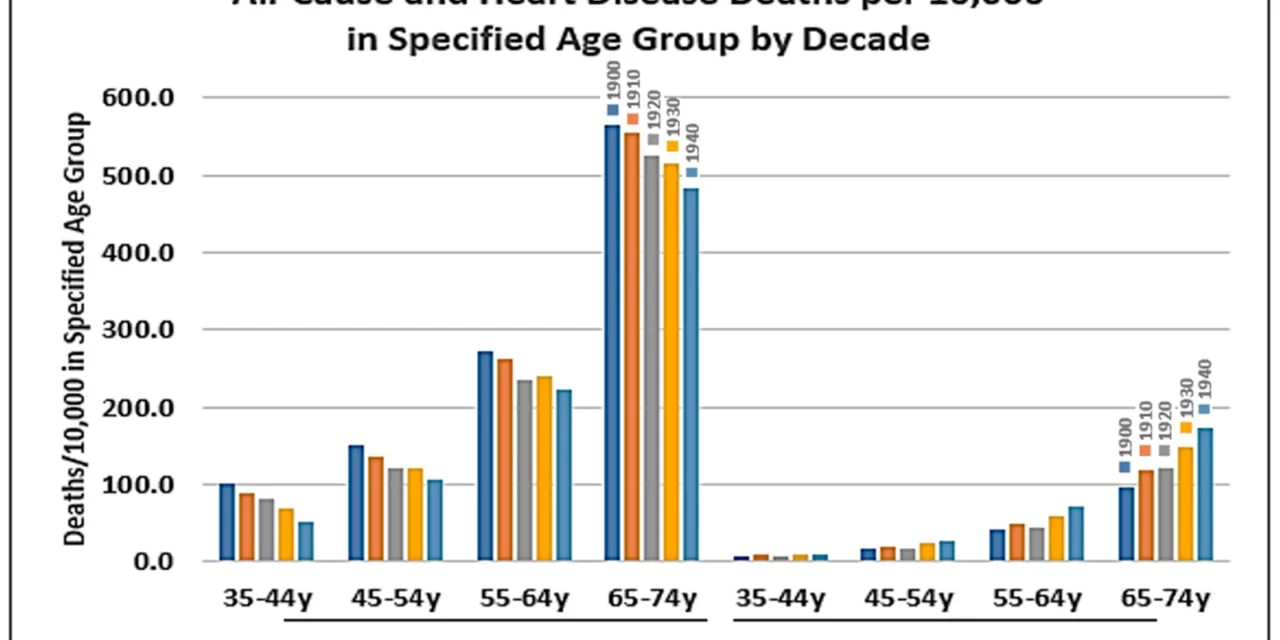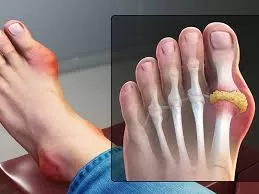Recent research from Ateneo de Manila University has sparked a significant debate over long-standing dietary guidelines regarding saturated fat and its impact on heart health. This inquiry raises questions about the foundational studies from the 1950s that established the widely accepted “lipid-heart hypothesis,” suggesting a need for a reevaluation of the warnings against saturated fats.
In 1953, physiologist Ancel Keys published a pivotal study that linked high saturated fat and cholesterol consumption to increased cholesterol levels in the blood, which he claimed contributed to heart disease. Keys introduced what is now referred to as the Keys equation, an attempt to mathematically predict serum cholesterol levels based on dietary intake of saturated fats and cholesterol. However, this hypothesis and its subsequent influence on dietary guidelines have been called into question by Dr. Fabian M. Dayrit, a chemist at Ateneo, and American physician Dr. Mary T. Newport.
In their recent review published in the journal Nutrients, titled “The Lipid-Heart Hypothesis and the Keys Equation Defined the Dietary Guidelines but Ignored the Impact of Trans-Fat and High Linoleic Acid Consumption,” Dayrit and Newport argue that Keys’ original framework overlooked critical distinctions between different types of fats. They contend that Keys mistakenly conflated natural saturated fats found in meat and dairy with harmful industrial trans-fats used in margarine and shortening. Moreover, coconut oil, which has gained popularity for its potential health benefits, was incorrectly included in Keys’ warnings.
The researchers point to a body of evidence—including numerous observational, epidemiological, interventional, and autopsy studies—that fails to validate the Keys equation and lipid-heart hypothesis. They emphasize that these flawed premises have become the cornerstone of national and international dietary guidelines despite their lack of robust scientific support.
Furthermore, Dayrit and Newport highlight the dangers of trans-fats, which have been strongly linked to heart disease yet were largely ignored in dietary recommendations stemming from Keys’ claims. They also criticize the unregulated promotion of polyunsaturated fats, particularly linoleic acid from soybean oil and other vegetable oils. This practice has led to an imbalance of omega-6 and omega-3 fatty acids in the diet, contributing to chronic inflammation and other health issues.
In conclusion, the authors argue for a reevaluation of dietary guidelines that currently demonize saturated fats without adequate scientific backing. They advocate for a more nuanced understanding of fats in the diet, underscoring the importance of distinguishing between different fat types to create effective dietary recommendations that truly support heart health.
For further reading, see the full study: Mary T. Newport et al, The Lipid–Heart Hypothesis and the Keys Equation Defined the Dietary Guidelines but Ignored the Impact of Trans-Fat and High Linoleic Acid Consumption, Nutrients (2024). DOI: 10.3390/nu16101447.











